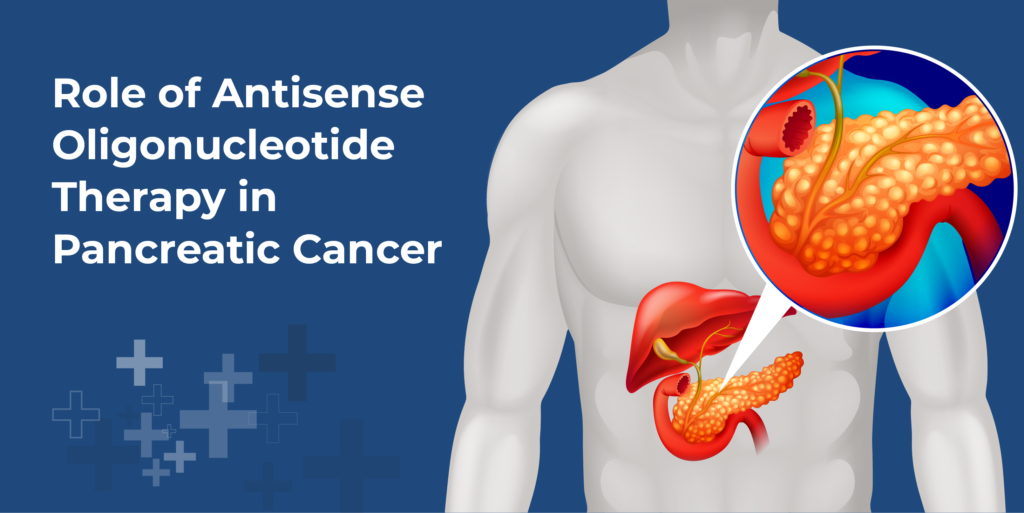IMPACT OF HIGH-DOSE INTRAVENOUS VITAMIN C ON CANCERS WITH BRAF & KRAS MUTATIONS
IMPACT OF HIGH-DOSE INTRAVENOUS VITAMIN C ON CANCERS WITH BRAF & KRAS MUTATIONS As soon as someone talks about winter, oranges are the first thing that comes into mind. These citrus fruits not only taste amazing but the vitamin C present in oranges has been found to have the potential to fight cancer. Scientific […]
IMPACT OF HIGH-DOSE INTRAVENOUS VITAMIN C ON CANCERS WITH BRAF & KRAS MUTATIONS Read More »






